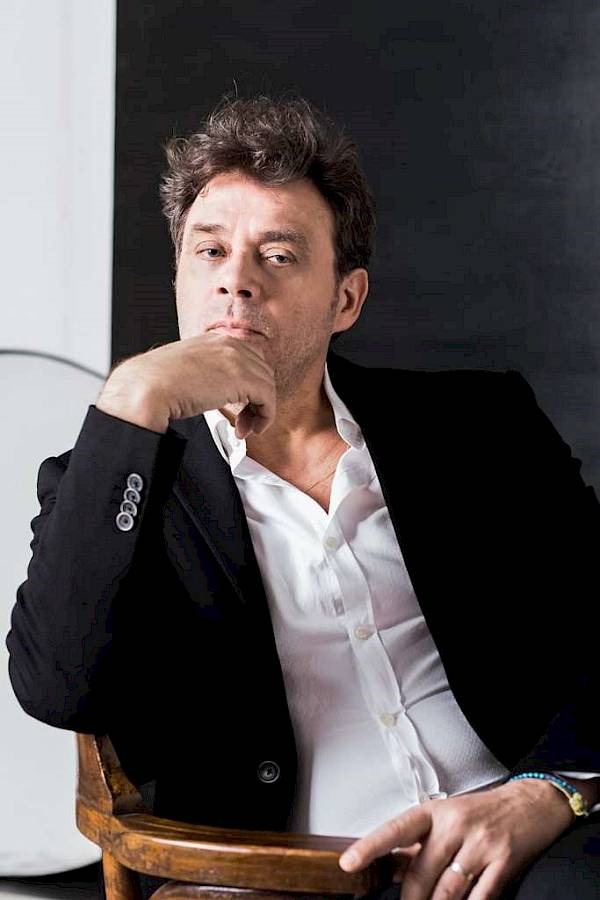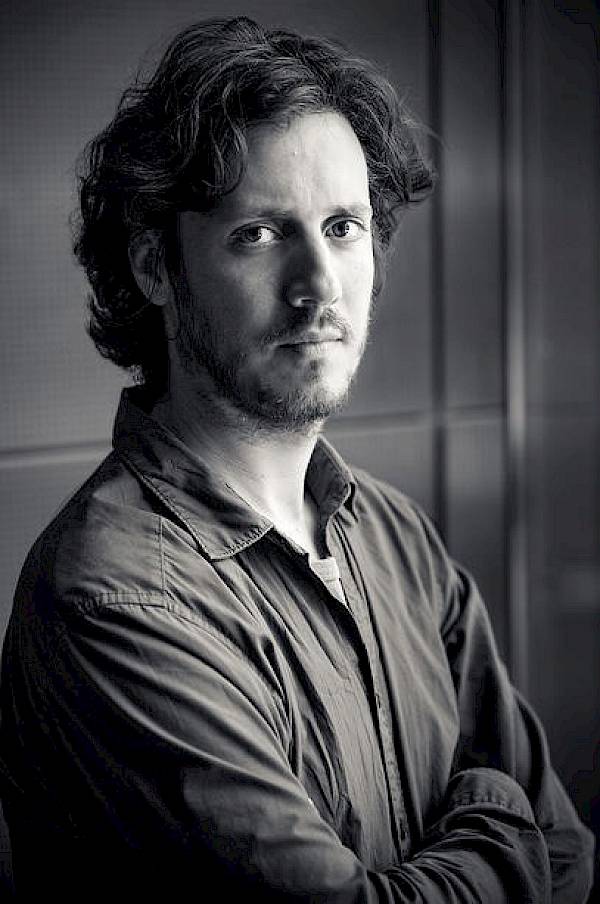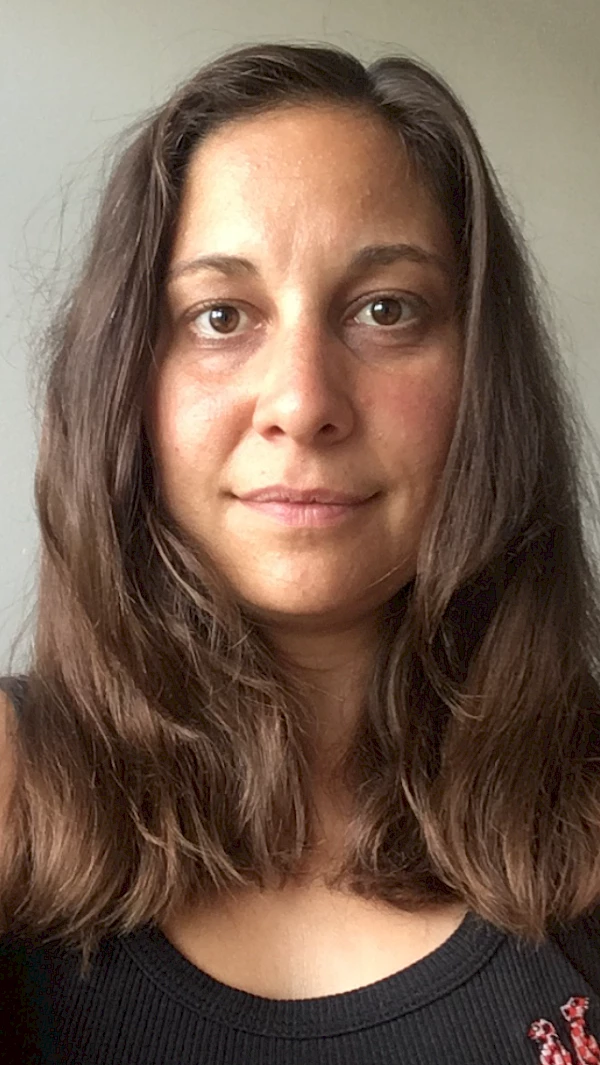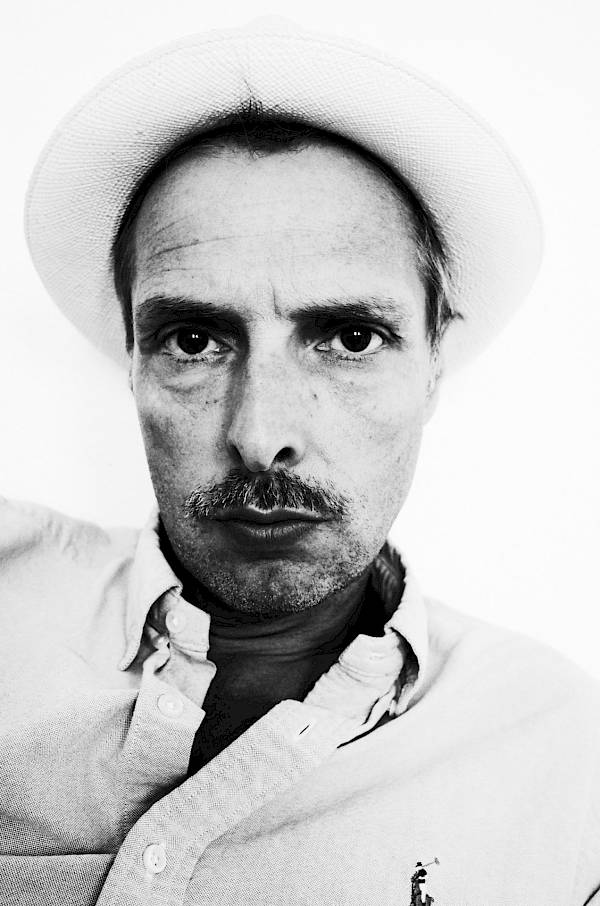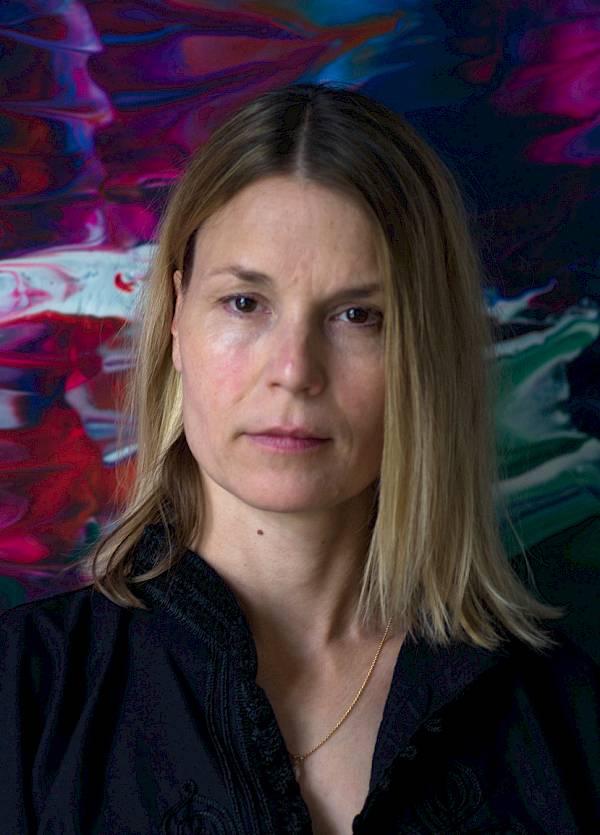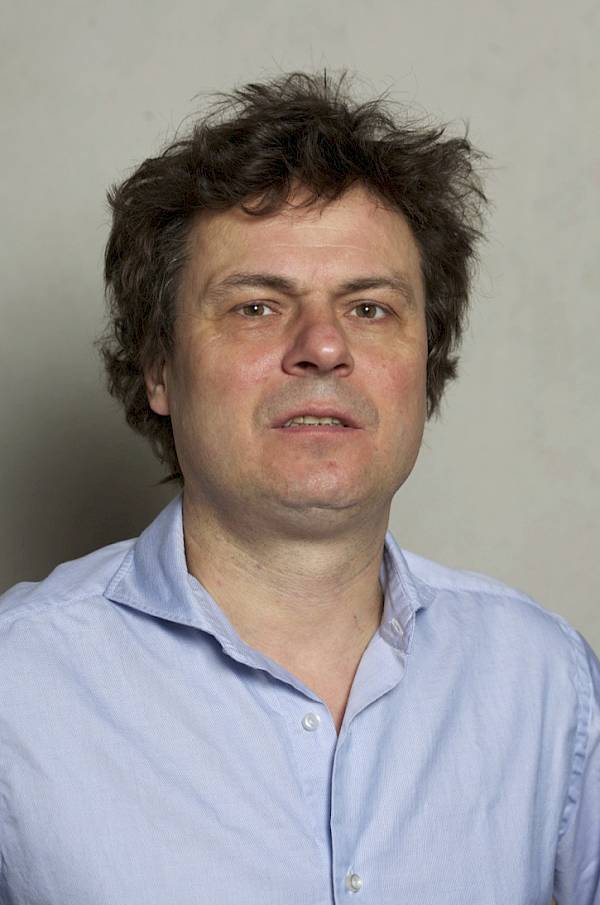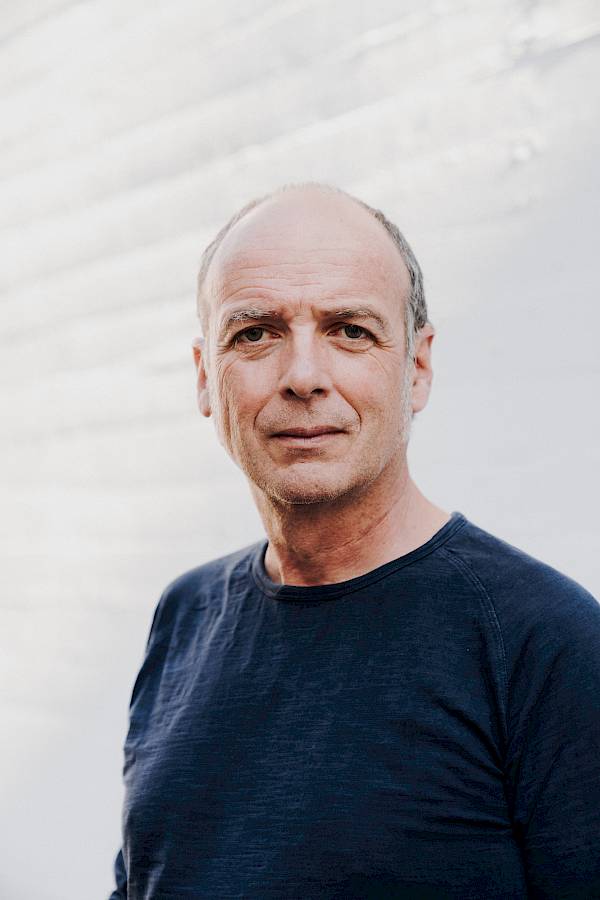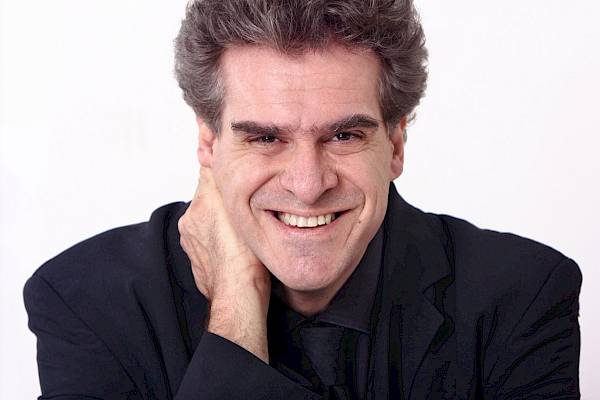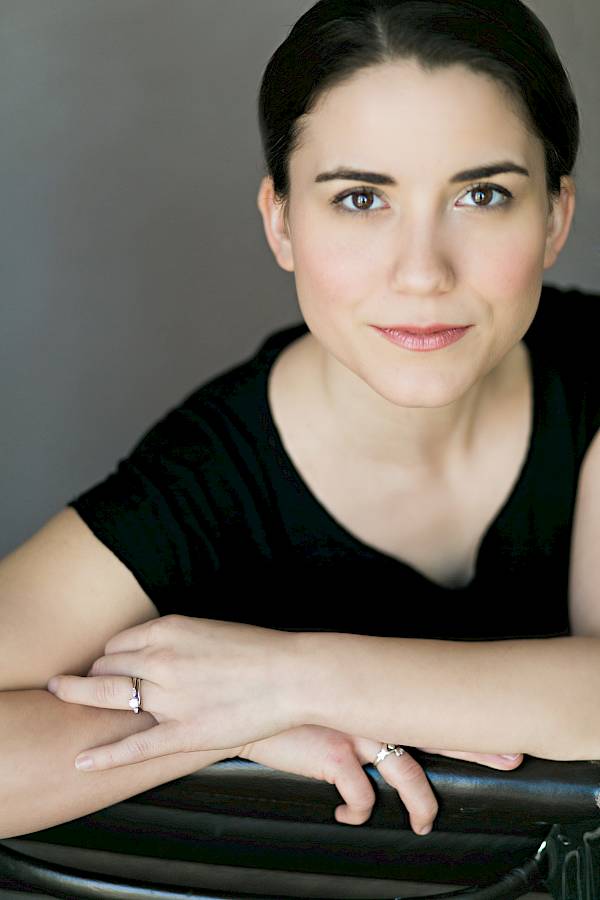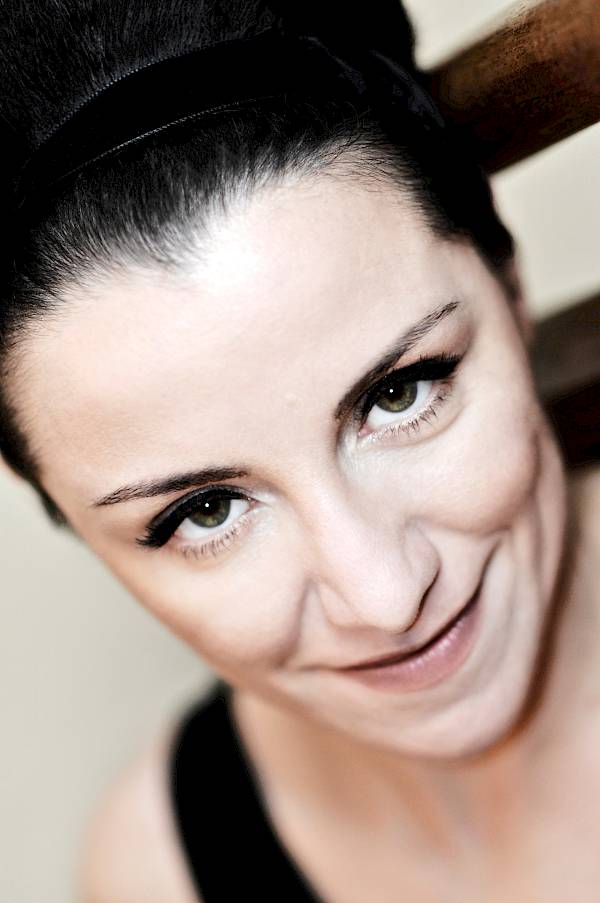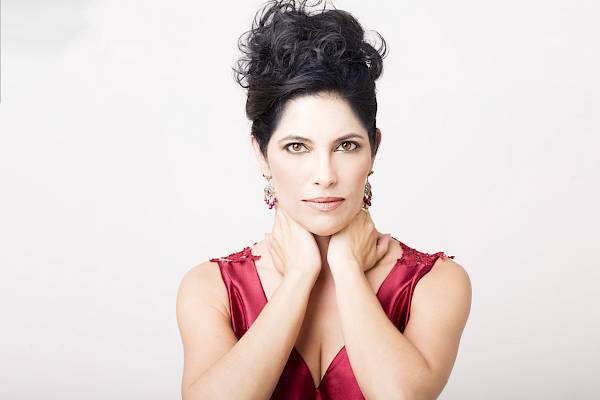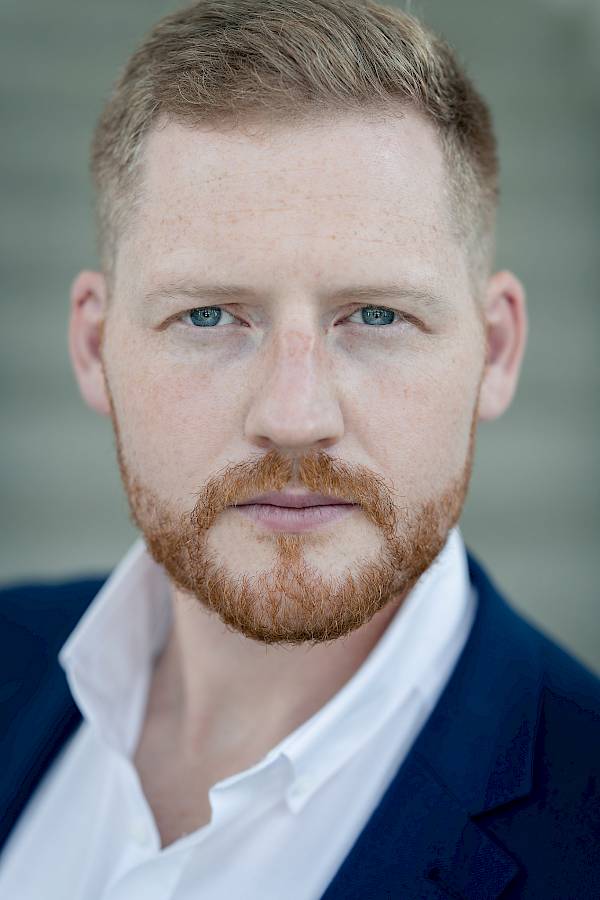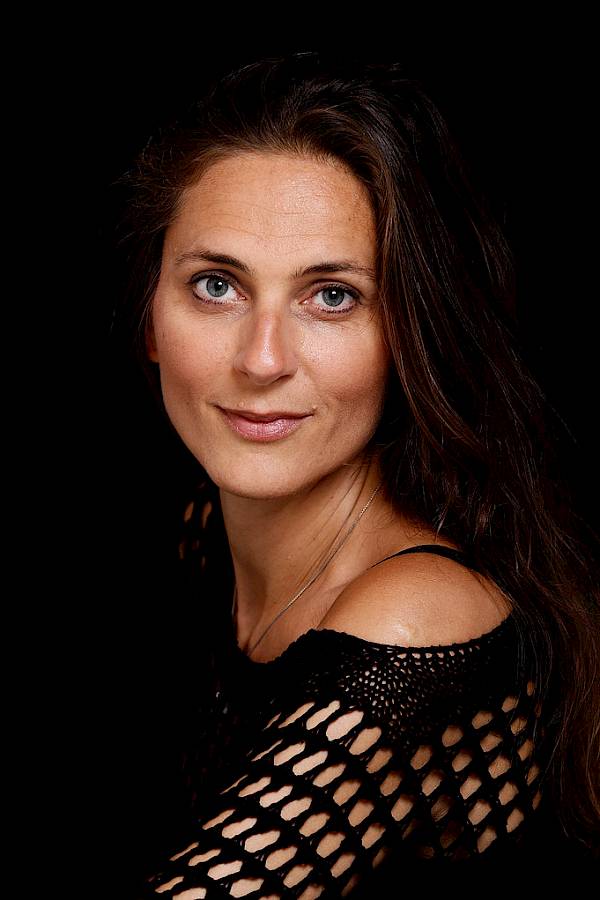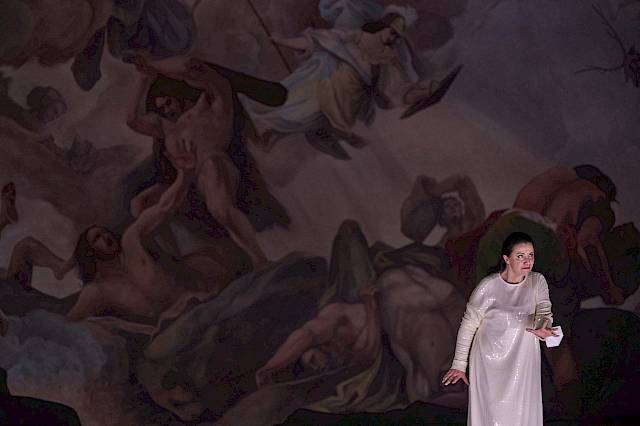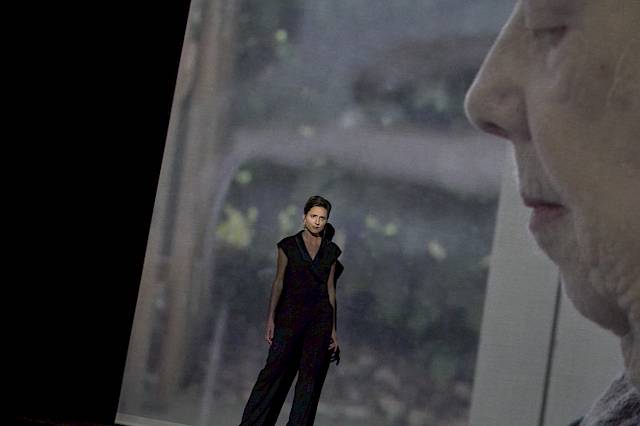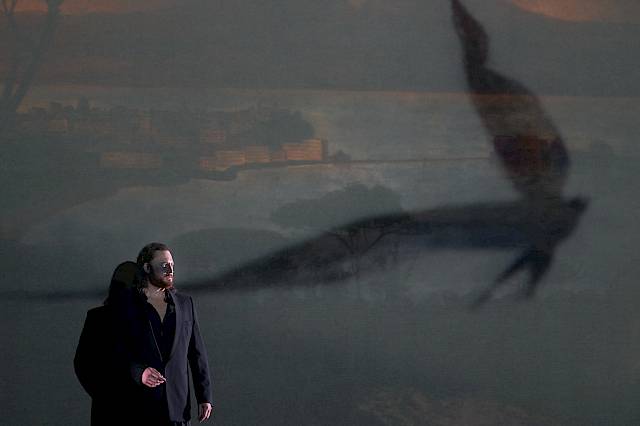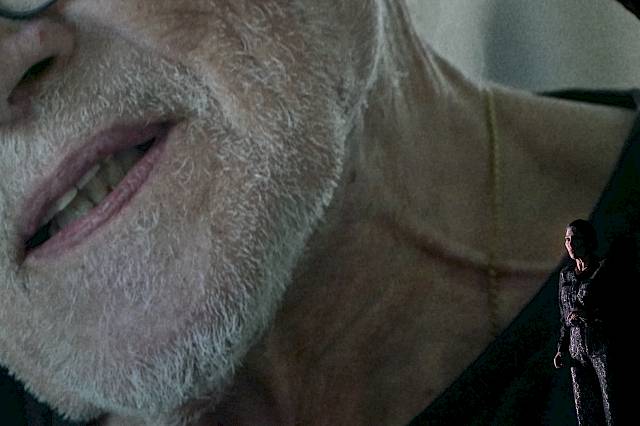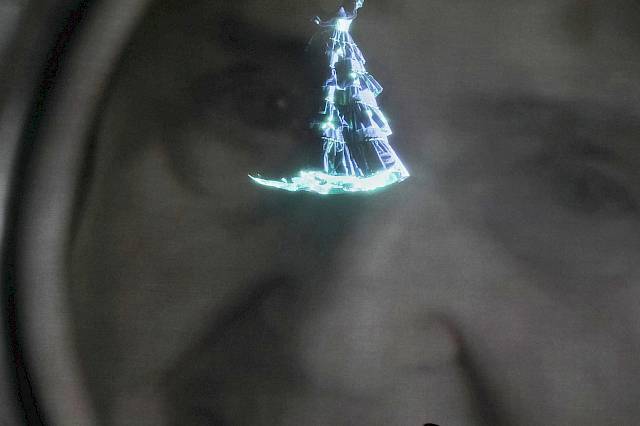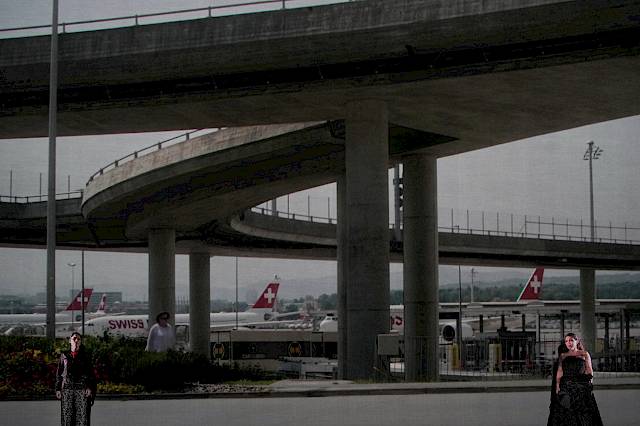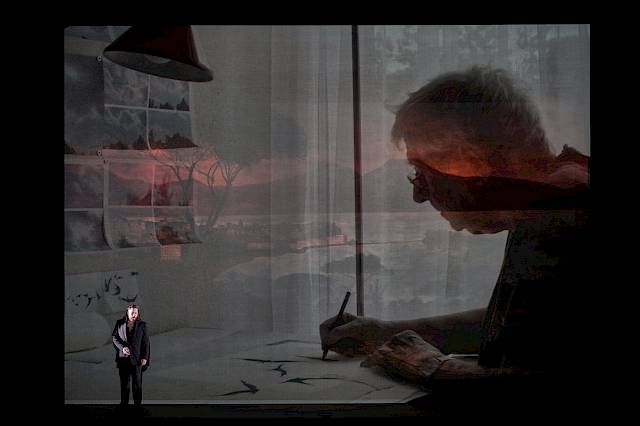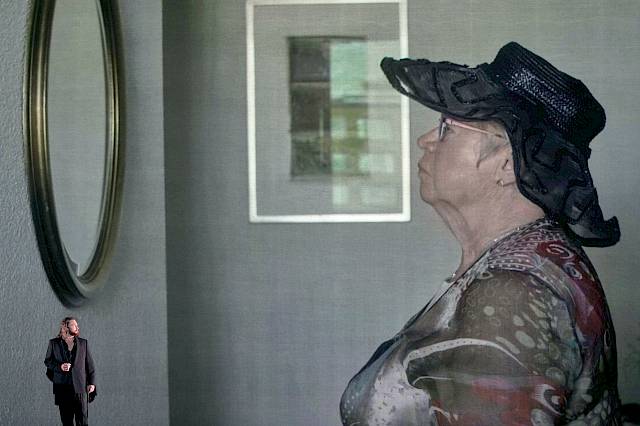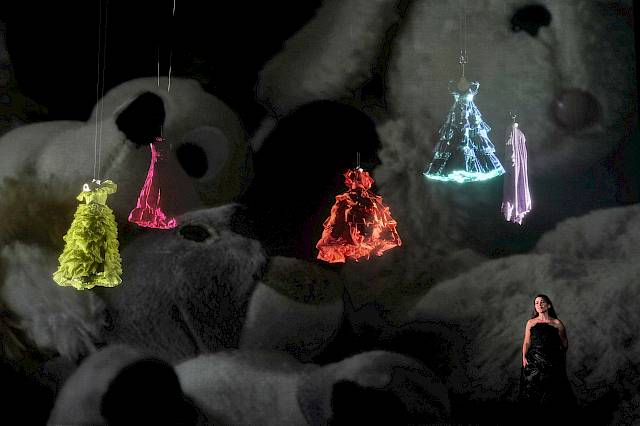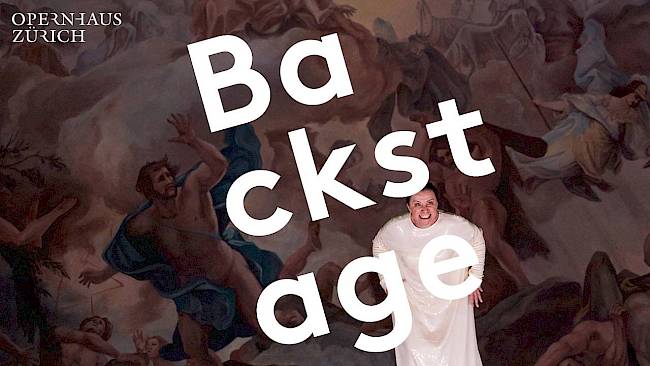Abstract
This Baroque opera project, which fell victim to the coronavirus lockdown just before its premiere last season, has a rather unusual musical-theatrical approach. It combines arias from Giovanni Battista Pergolesi’s rarely-heard opera L’Olimpiade with a documentary film by Berlin-based stage director David Marton and Austrian filmmaker Sonja Aufderklamm. The film features Zurich’s elderly residents as its stars. Marton is known for his exploration of innovative theatrical forms, and this production once again breaks new ground. It examines the relationships between sound, moving images, and the stage, between opera and reality, and between song and human destinies.
Aufderklamm and Marton visited elderly individuals, played Pergolesi’s music for them, and spoke to them about the arias and the themes found therein. The music’s wide range of emotions is combined with in their faces, their stories, and their poignant lived experiences. The artistic outcome is a heart-wrenching evening that came about during the coronavirus pandemic, when a vibrantly-staged Baroque opera was more of a dream than a self-evident reality.
Giovanni Battista Pergolesi’s artistic treatment of arias – which is at the center of this musical-theatrical experiment – is one of the most beautiful and masterful strokes of 18th-century musical production. And in Zurich, internationally celebrated singers the likes of Vivica Genaux and Anna Bonitatibus bring the music of this Neapolitan composer to life. The performance is musically directed by Italian conductor and harpsichordist Ottavio Dantone, who has conducted more Pergolesi operas than anyone else.


